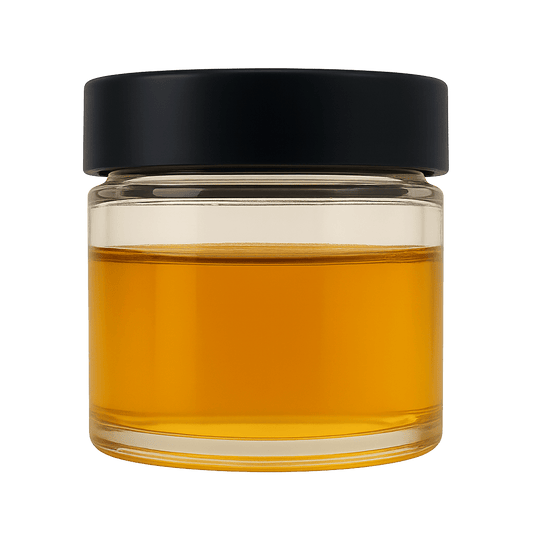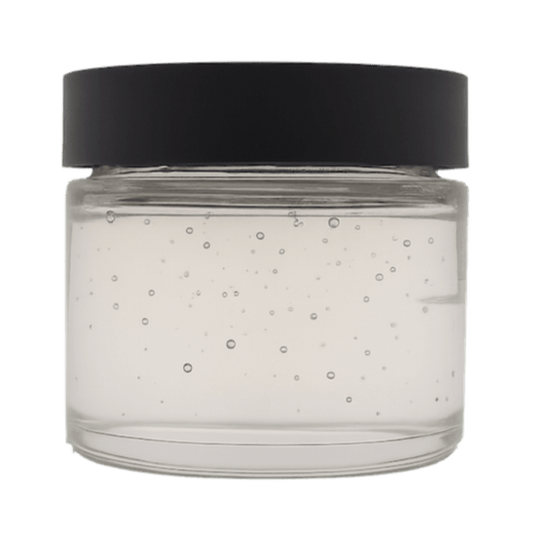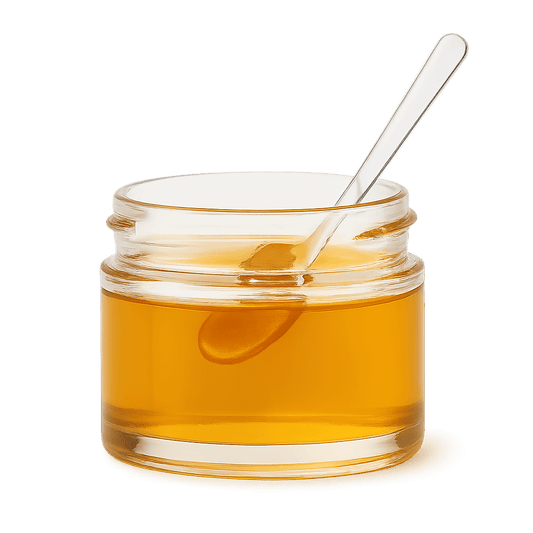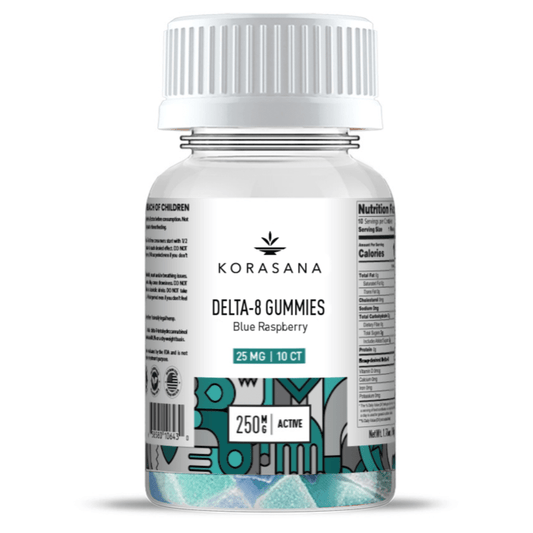Is Delta 8 THC Legal in Oregon?
NO - Delta 8 THC is Not Legal in Oregon
Delta 8 THC is illegal in Oregon under the provisions of House Bill HB 3000. Despite the federal Farm Bill allowing the sale and use of Delta 8 products containing no more than 0.3% Delta 9 THC, Oregon has enacted HB 3000 to specifically prohibit synthetically derived Delta 8. This law was established by the Oregon Liquor and Cannabis Commission (OLCC) and prohibits the sale, manufacture, and distribution of synthetically derived Delta-8 THC in the state.
Legal Status of Delta 8 in Oregon
The legality of Delta 8 THC in Oregon is specifically addressed through House Bill 3000 (HB 3000), enacted to regulate cannabinoids within the state. This bill is a comprehensive piece of legislation that addresses various aspects of cannabinoid regulation, including the production, sale, and distribution of Delta 8 products.
HB 3000 was created in response to the growing market for Delta-8 and other synthetically derived cannabinoids. While D8 THC is a naturally occurring cannabinoid in cannabis plants, it is typically present in very low quantities. Consequently, most Delta 8 products on the market are produced synthetically from CBD derived from hemp. This synthetic production process has raised concerns about product safety and regulation.
Under the federal Farm Bill, hemp-derived products containing less than 0.3% Delta 9 THC are legal at the federal level. However, the Farm Bill does not specifically address Delta 8 THC or other synthetically derived cannabinoids, leading to a legal gray area and varying state-level responses.
Oregon's HB 3000 specifically targets this ambiguity by classifying synthetically derived cannabinoids, including Delta 8, as controlled substances unless they are produced, sold, and regulated in compliance with the state's cannabis regulations. The bill empowers the Oregon Liquor and Cannabis Commission (OLCC) to regulate these products, including establishing rules for testing, labeling, and potency limits.
This state-level legislation illustrates how states can enact laws that diverge from federal guidelines to address specific concerns related to cannabis and hemp products. Oregon's approach aims to ensure consumer safety and product integrity by regulating Delta-8 THC and similar compounds more stringently than federal law requires.
Oregon Liquor and Cannabis Commission
Chapter 845
Division 26
ADULT USE CANNABIS AND HEMP CONCENTRATION LIMITS
(1) Applicability.
(a) Except as provided in subsection (b) of this section, this rule applies to industrial hemp products that:
(A) Contain cannabinoids and are intended for consumption or use; and
(B) Are offered for sale or transfer to a consumer in Oregon or imported into Oregon for delivery to a consumer on or after July 1, 2022.
(b) This rule does not apply to a hemp item, as that term is defined in OAR 845-025-1015, that is subject to the concentration and serving size limits in OAR 845-025-2760.
(2) An industrial hemp product meets the concentration limits permitted under this rule if:
(a) The total delta-9-THC as calculated in accordance with OAR 333-064-0100(4) does not exceed the maximum amount of THC permitted by more than 10 percent;
(b) The total delta-9-THC as calculated in accordance with OAR 333-064-0100(4) does not exceed the maximum concentration of THC permitted by more than 10 percent; and
(c) The testing done in accordance with ORS 571.330 or 571.339 was performed using a method with a LOQ sufficient to demonstrate that the total delta-9-THC does not exceed the maximum amount of THC permitted in a container by more than 10 percent.
(3) The maximum concentration and amount of total delta-9-THC permitted in a container and the maximum concentration or amount of total delta-9-THC permitted in a serving is listed in Table 3, incorporated by reference.
(4) An industrial hemp product may not contain any artificially derived cannabinoids.
(5) Serving size is as determined by the processor and must comply with applicable serving size limits.
(6) An industrial hemp product that does not fall within a category in Table 3 must meet the concentration and serving size limits applicable to a cannabinoid edible in Table 3.
(7) Civil Penalties. The Commission may impose a civil penalty of no more than $10,000 for each violation of ORS 475C.257 by a person other than a marijuana retailer that holds a license issued under ORS 475C.097 selling an industrial hemp product to a consumer that exceeds the concentration and serving size limits in this rule.
In summary, through HB 3000, Oregon has made it illegal to sell, manufacture, or distribute synthetically derived Delta 8 THC outside of its regulated cannabis system, despite federal allowances for hemp-derived products under the Farm Bill. This action reflects Oregon's cautious stance on emerging cannabinoid products and its effort to maintain a regulated market that protects consumers.
The information provided on this website does not, and is not intended to, constitute legal advice or any statements regarding the status of any laws. The information, content, and materials present on this site are for general informational purposes only and should not be relied upon for any specific purpose. Laws vary across different states and are subject to change. Therefore, information on this website might not reflect the most recent legal or other developments. Read our full legal disclaimer HERE.






